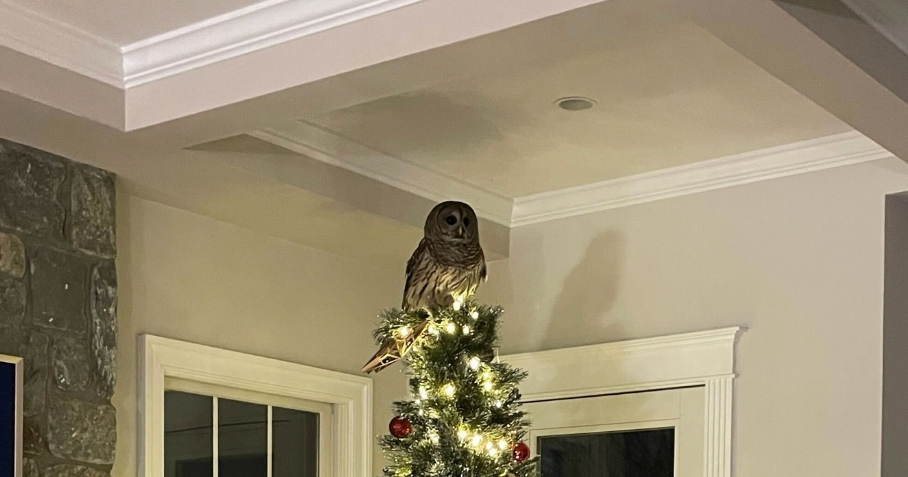Adult film performers say the state of mental health in the industry needs more attention
There are many stories about the mass proliferation of porn online and the impact it has on viewers. But those stories leave out an important group, according to adult entertainment industry icon Amber Lynn: the people in front of the camera.
While online platforms have diversified revenue streams and allowed online payments to be paid directly to performers, Lynn said that the internet has also brought unintended consequences to those baring it all. "Back in the day before the Internet, if you had a fan who didn't like you … they couldn't access you in real time and start tearing you down, or belittling you, or making fun of you," Lynn said. With the internet, now they can.
Lynn said she has deep concerns for today's porn performers. "When I was young, I never really felt like I was in a position where if something happened to me, I wouldn't have somebody that I could turn to that would be able to see me through that dark period … the actors of today, we lose a lot of them, because there's a lot of suicides, for many different reasons."
Between late 2017 and early 2018, five porn actresses died by suicide in 12 weeks. "I've dealt with depression and anxiety for many years but I didn't think it was something I'd need to advocate for my community until we had that bump in suicides," said Riley Reyes, adult film actress and chairperson of the Adult Performer Advocacy Committee. "Nothing like this ever happens in a vacuum. And anyone choosing to take their own life – it's probably a confluence of factors, and they've been fighting for a long time."
Kate Loree, a licensed marriage and family therapist who specializes in working with porn stars, escorts and sex workers, said that many assume working in porn led to the suicides. "A lot of times people have the tendency to think, 'Oh well a porn performer killed themselves because they're a porn performer,' …. when a lot of times they're killing themselves because of media."
"Sometimes if they say something outspoken just about political views or something they believe in, sometimes they get hit with hundreds of death threats a day every day…" Loree added. "That would make anybody really struggle."
Reyes said that in many ways, the adult entertainment industry is a more accessible source of work for people who are managing underlying physical or mental illnesses and may not be able to take more traditional jobs.
"The truth is I do find that there are a lot of people in the sex industry who are living on the margins in some way, that includes mental illness, that includes people with chronic pain, chronic illnesses..." Reyes said. "So if you have panic attacks, or chronic pain flare ups, you could easily structure a schedule performing in adult films, or a schedule escorting around your pain, or around your depression in a way that is workable for you … I think in some ways this flexible job can be a haven for us."
Sex workers are not a protected class under U.S. law. As of 2014, landlords in Oakland, California are required to evict sex workers from their residences or face penalties. Banking institutions like Chase, Bank of America and others have reportedly terminated porn performers' accounts or denied them services. Most recently in November 2019, PayPal has come under fire from the adult entertainment industry for cutting ties with Pornhub.
Discrimination affects health care services, too. "It's very hard to find a gynecologist with whom you can be honest, because most gynecologists will heavily stigmatize honestly any woman they see as promiscuous," said Reyes. "It's really hard to find someone who will provide you with the care that you want and need without being judgemental toward you and your job."
Lotus Lain, adult actress and Industry Relations Advocate for the Free Speech Coalition, said discrimination within the industry largely affects minority groups like people of color and the LGBTQ community. "There's definitely racial discrimination, that's the first one that I've experienced. If you're not a white girl porn performer you're [considered to be] an exotic, 'othered' performer, a niche performer," she said.
"If a black performer can't even hope to get an award nomination because it'll never happen, how do you think that affects performers?" she added. "When you see your white counterparts in 20 different award nomination categories and you see that even the top black performers are only in two categories, how do you think that would affect anybody's mental health? You feel worthless. You feel invisible."
Despite the challenges porn performers continue to face, some groups have sprung up to support them. The Adult Performers Advocacy Committee (APAC), for example, provides APAC "stamps" of approval, which "identifies professionals in mental health, physical health, legal, and other fields who can provide safe, sex worker-positive, and non-discriminatory services to performers." There are also organizations like Pineapple Support, which offer free therapy services to people working in the online adult industry, and The Cupcake Girls, a non-profit that sex workers can reach out to for emotional, mental and physical support.
But even with new organizations cropping up, Lain said there is more work to be done. "I think people are just realizing that [health services] is an area we could improve … we're just not there yet."



